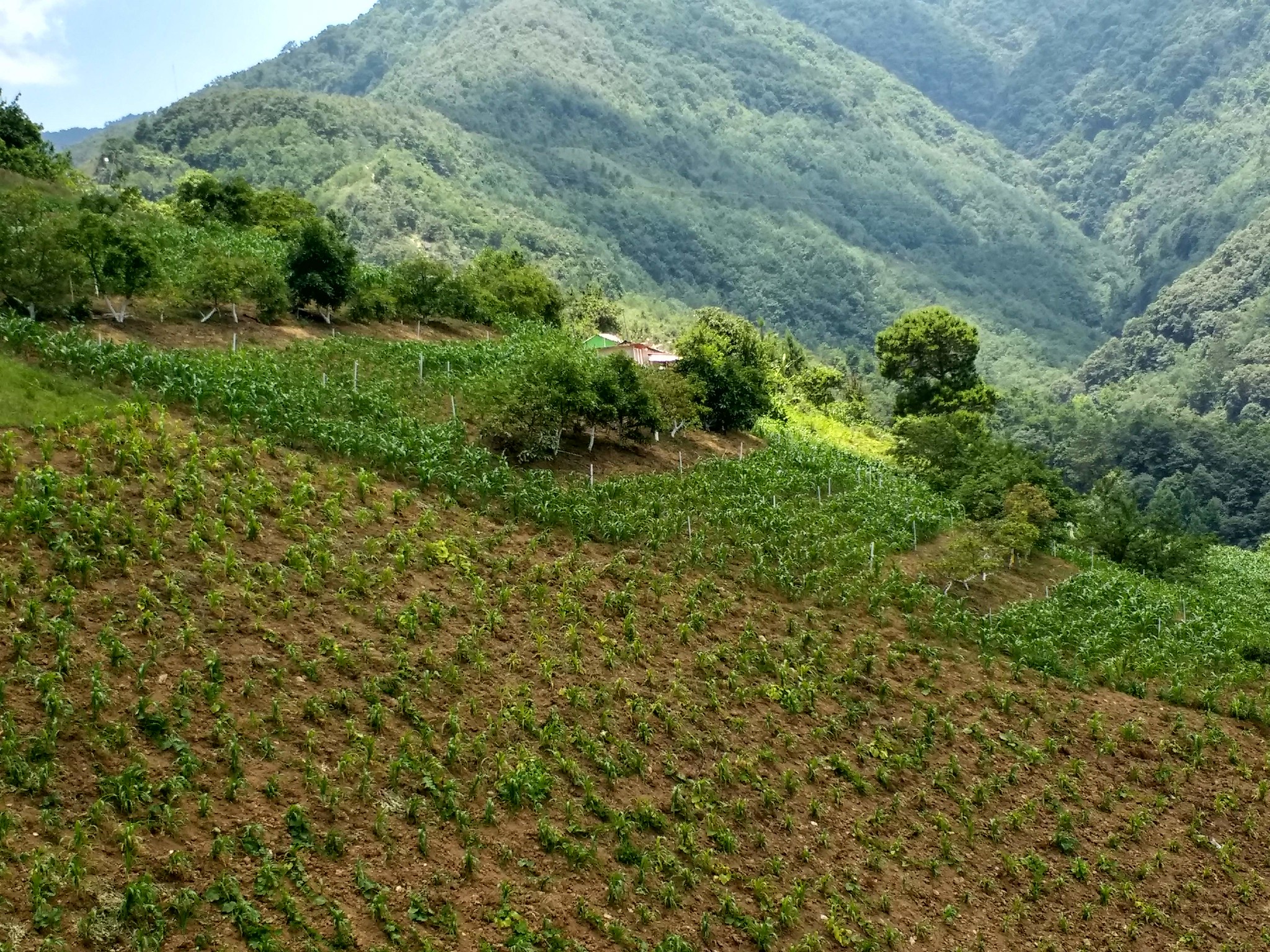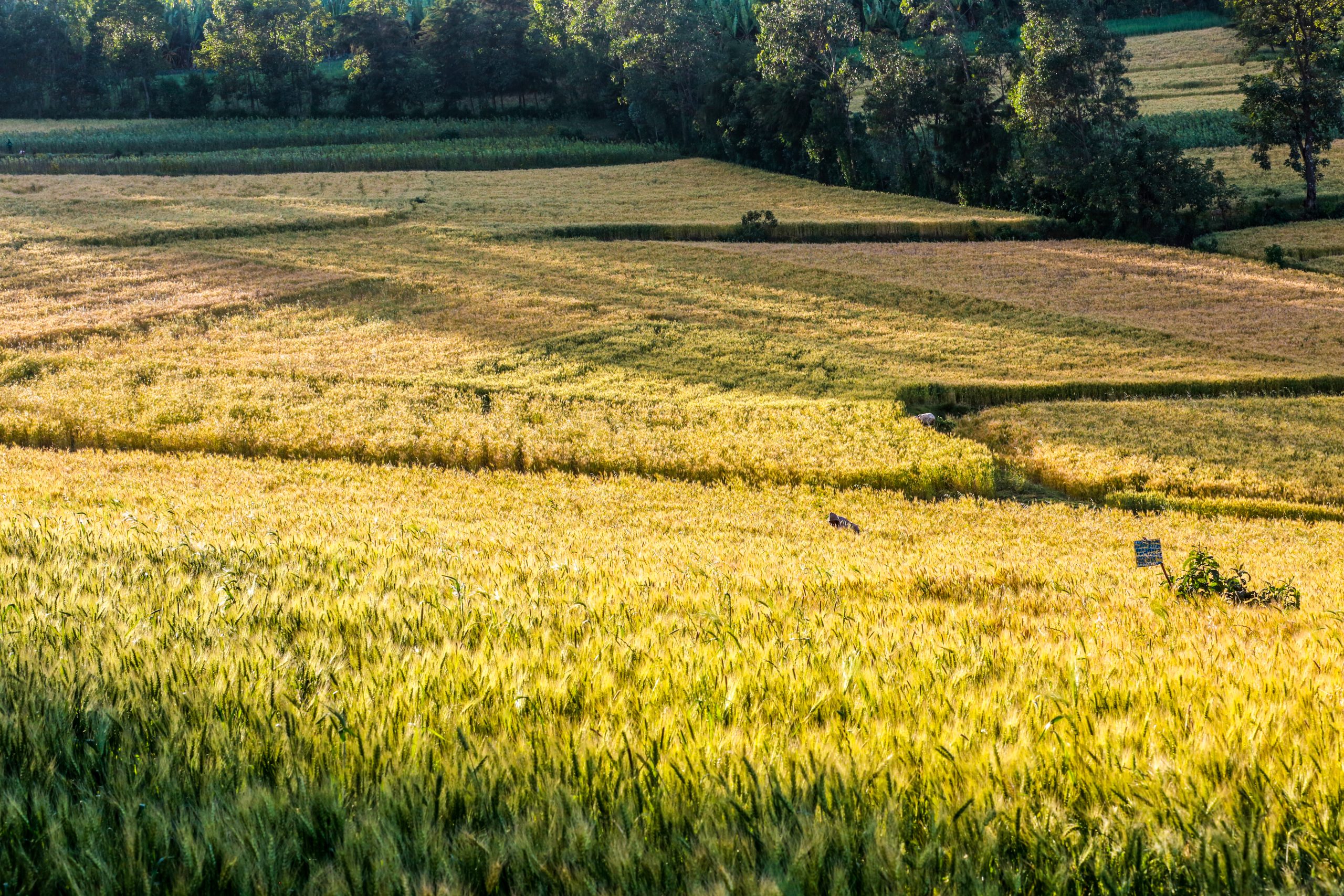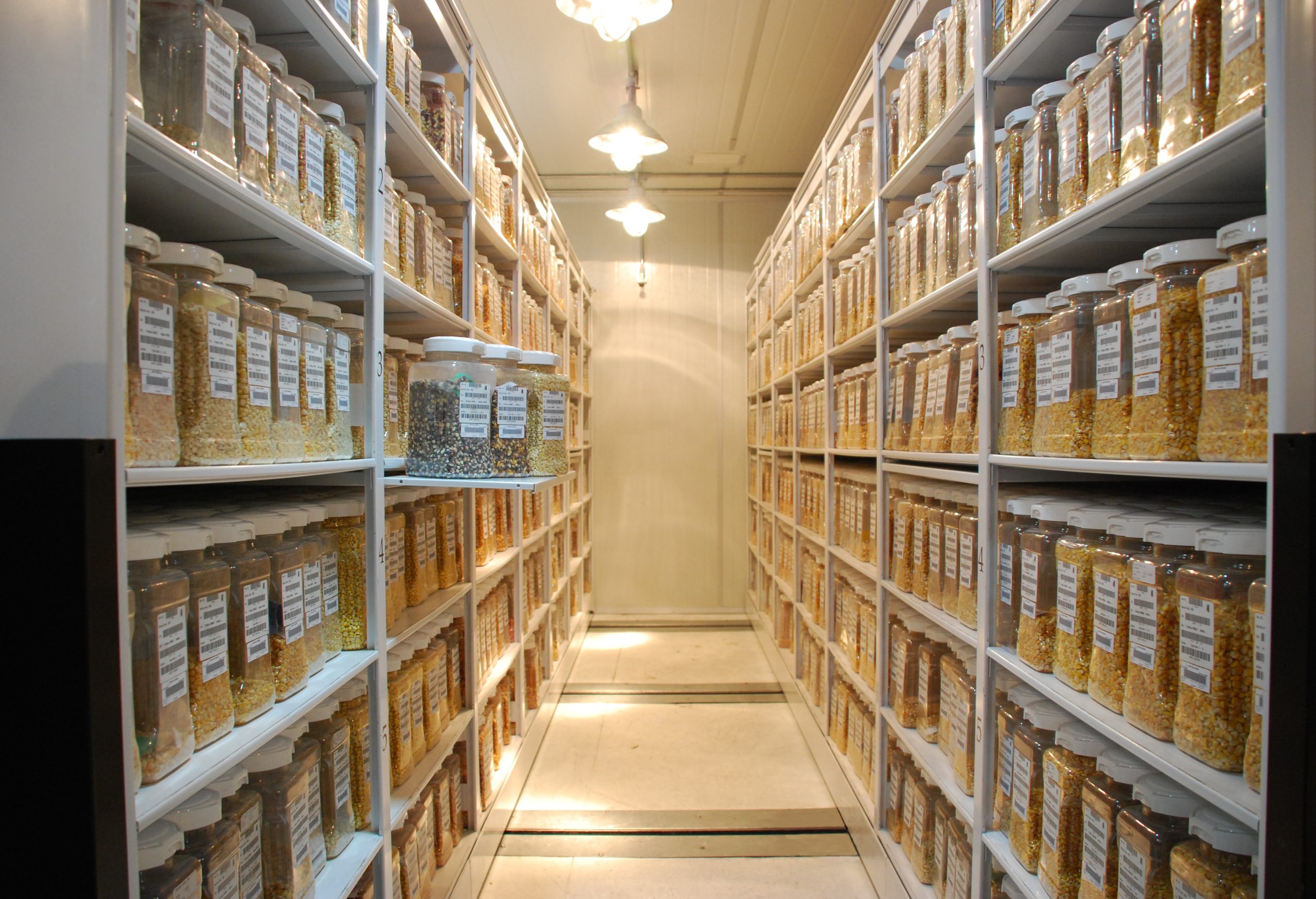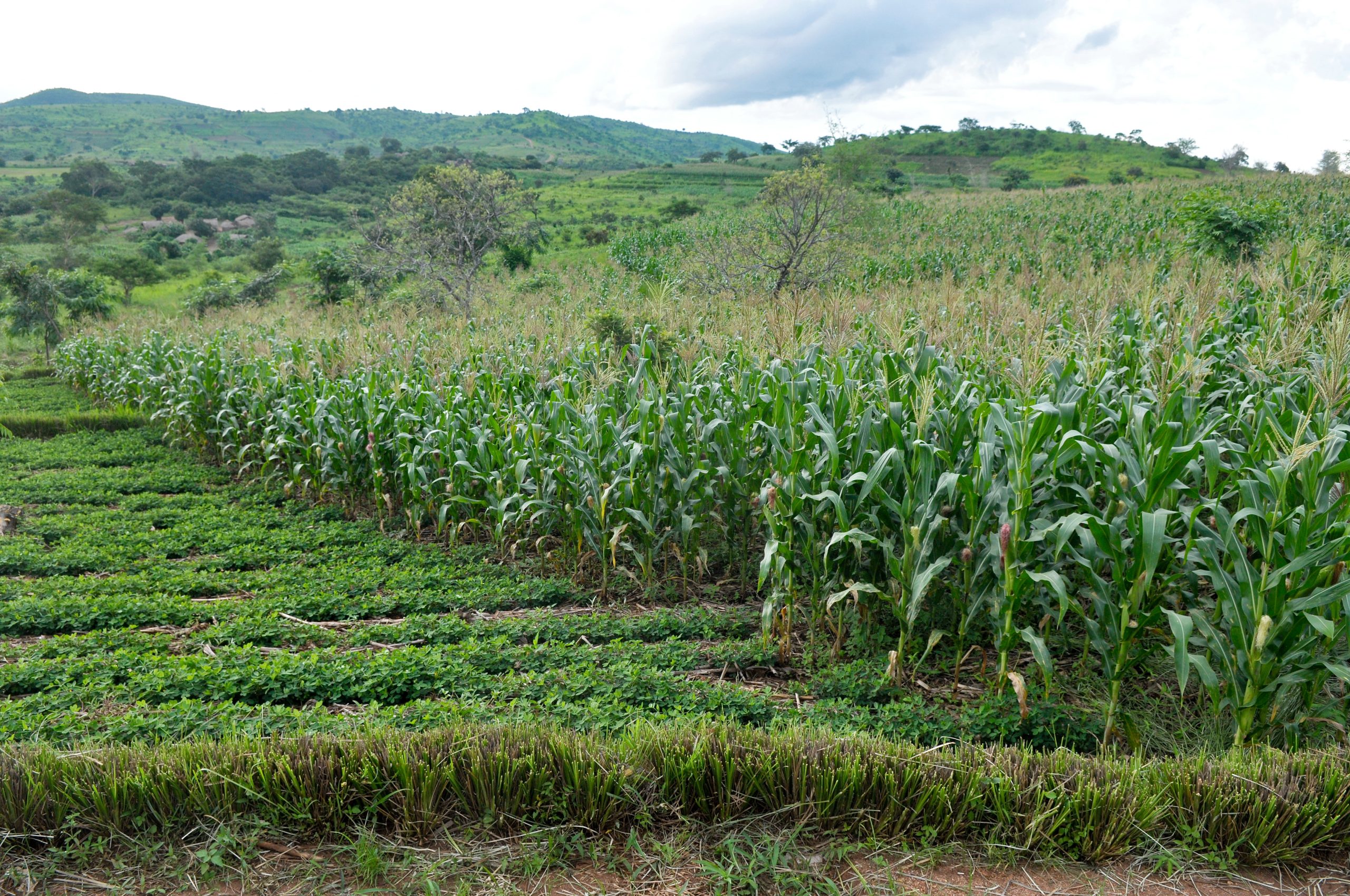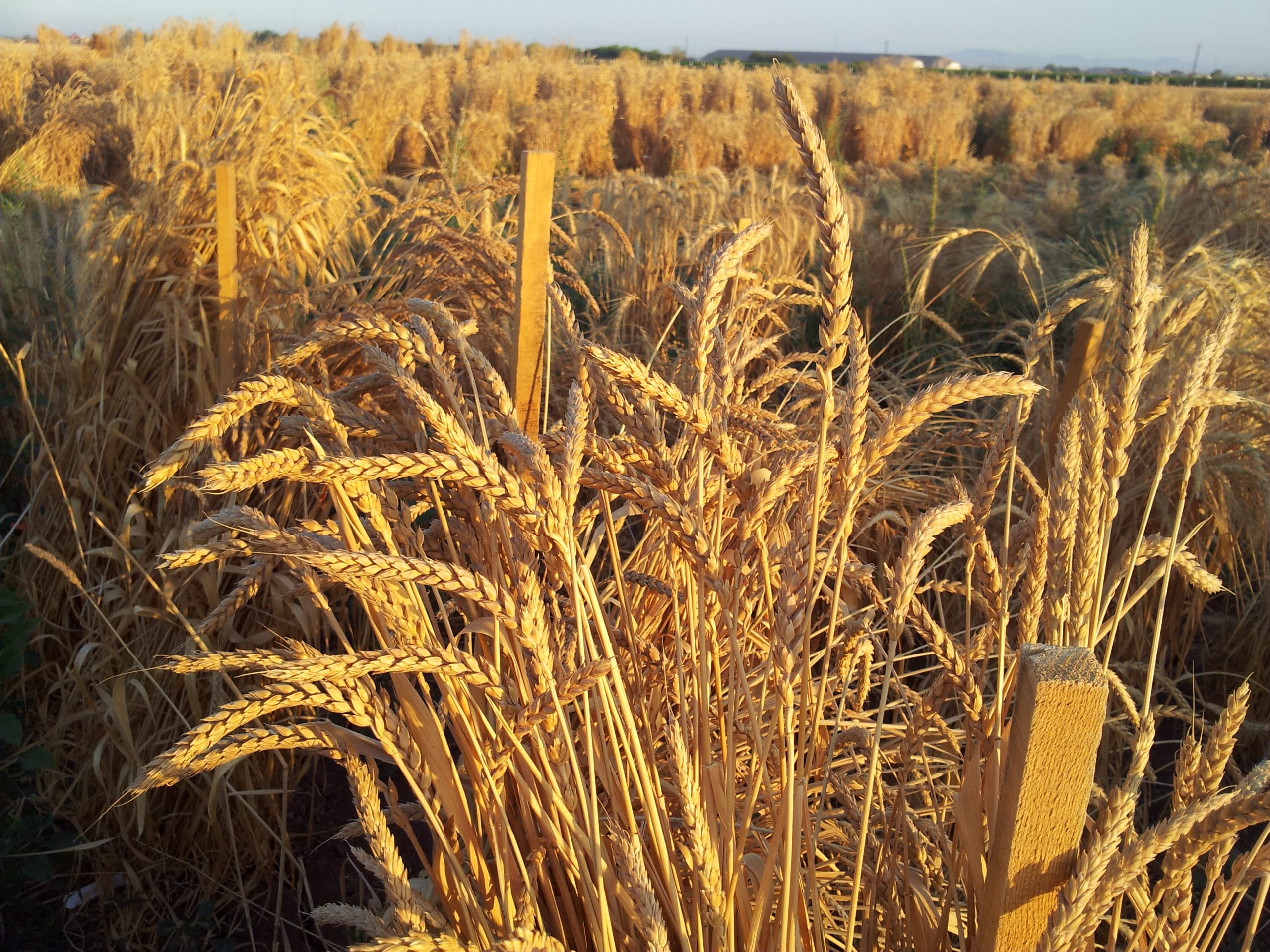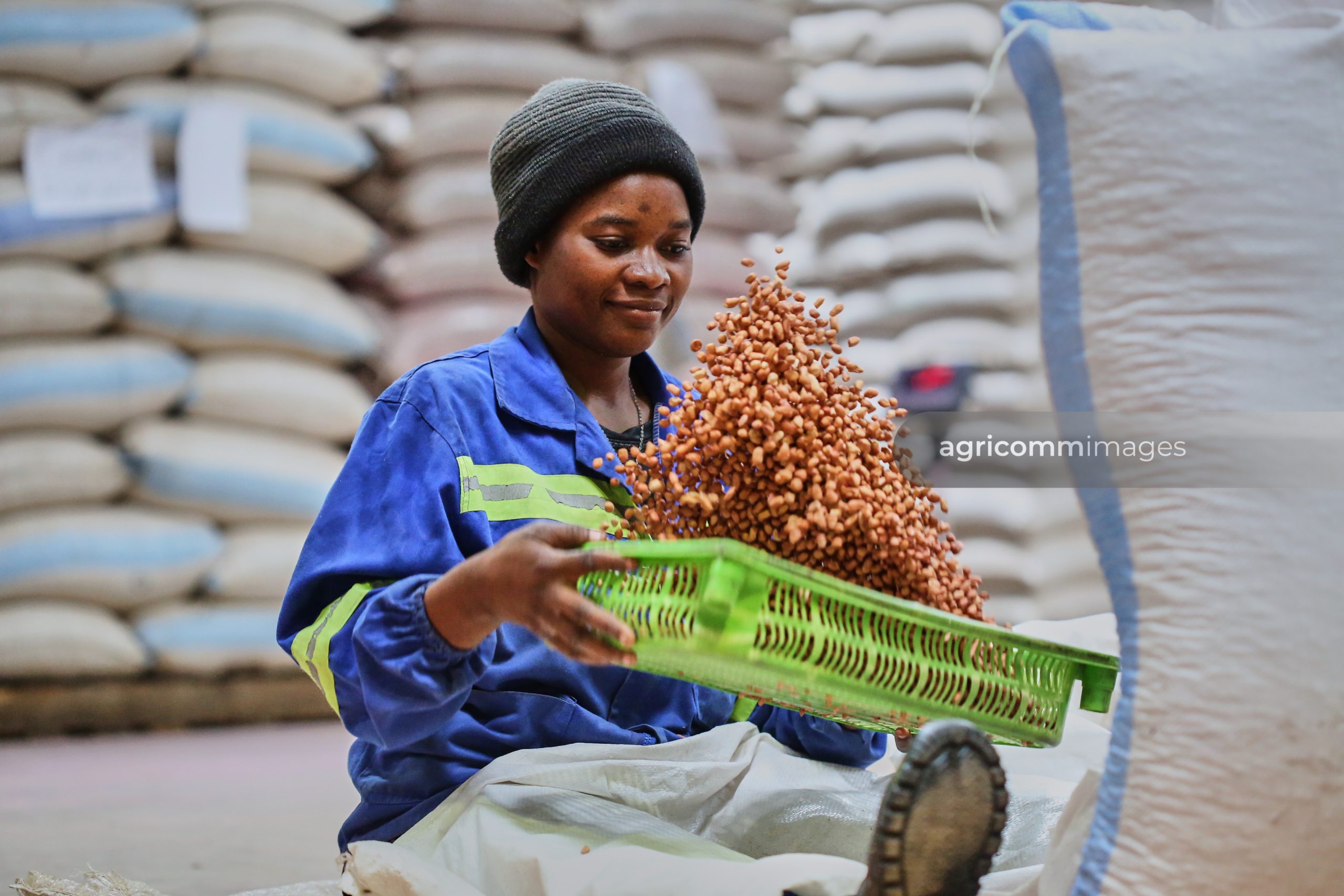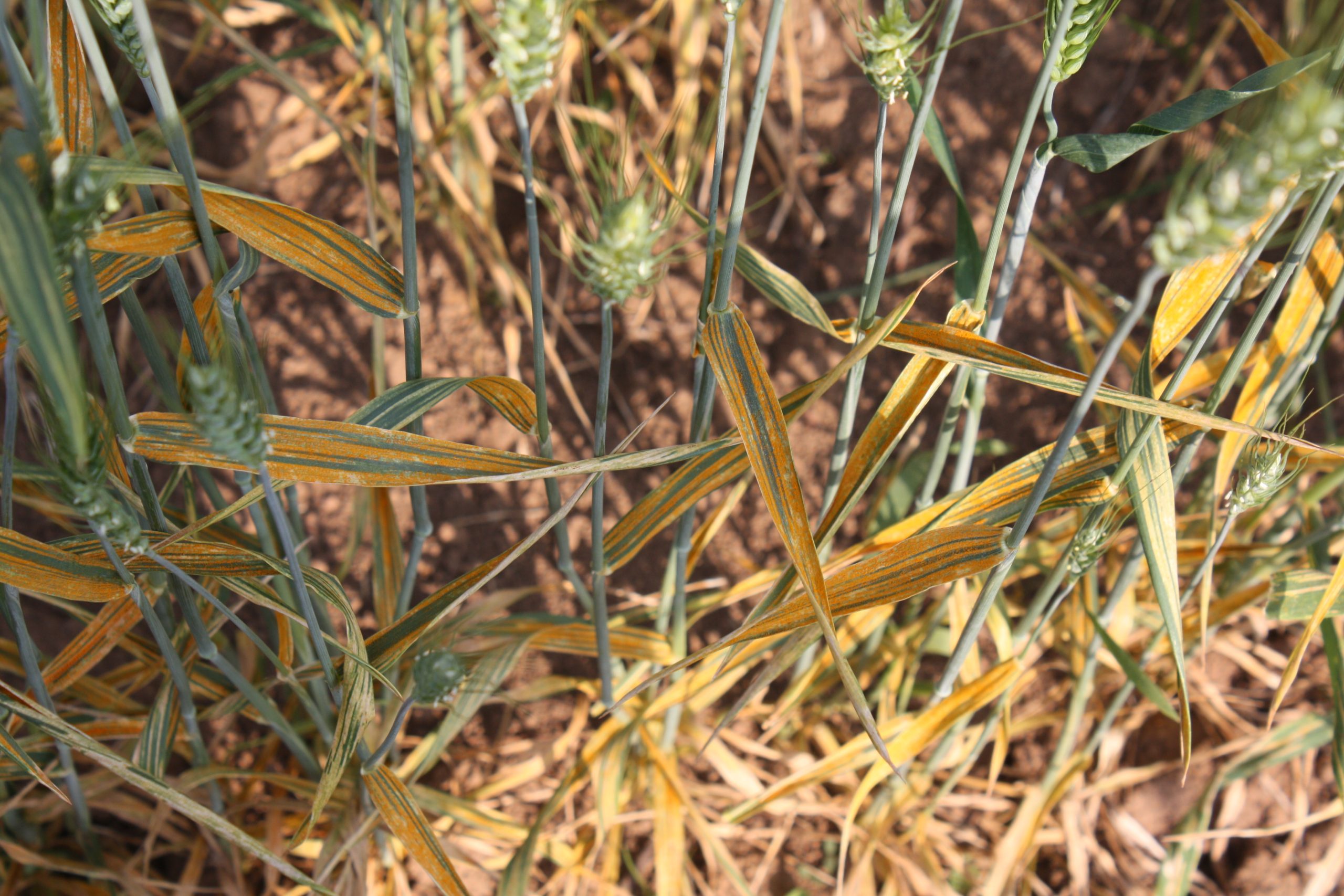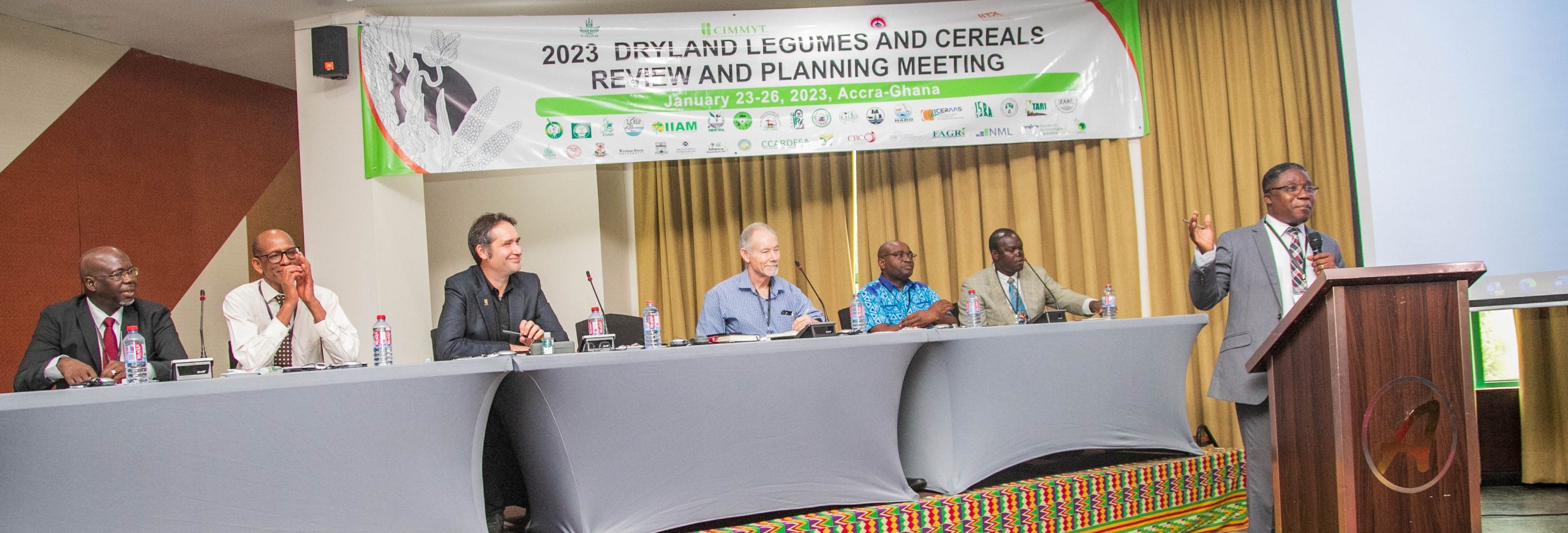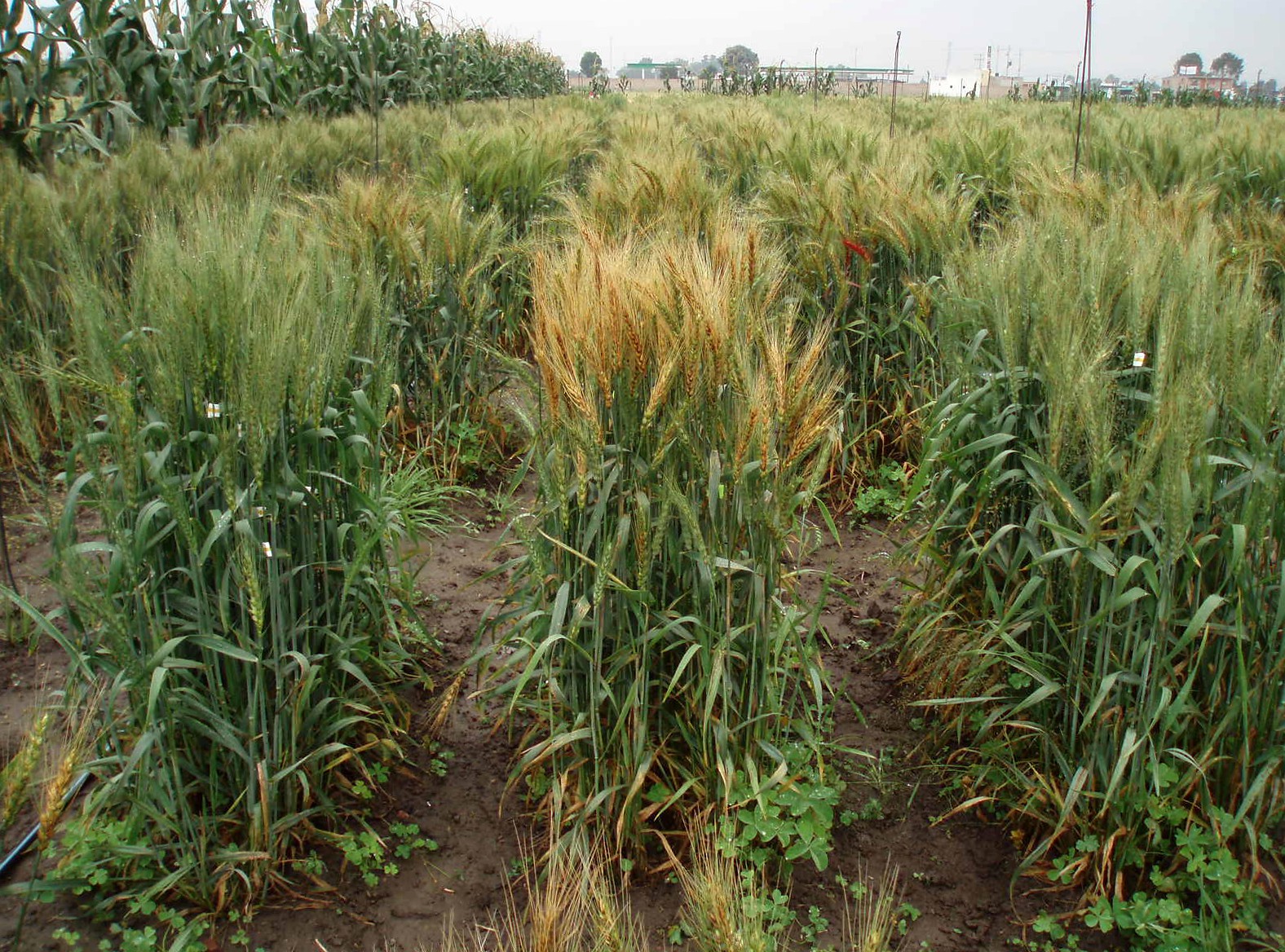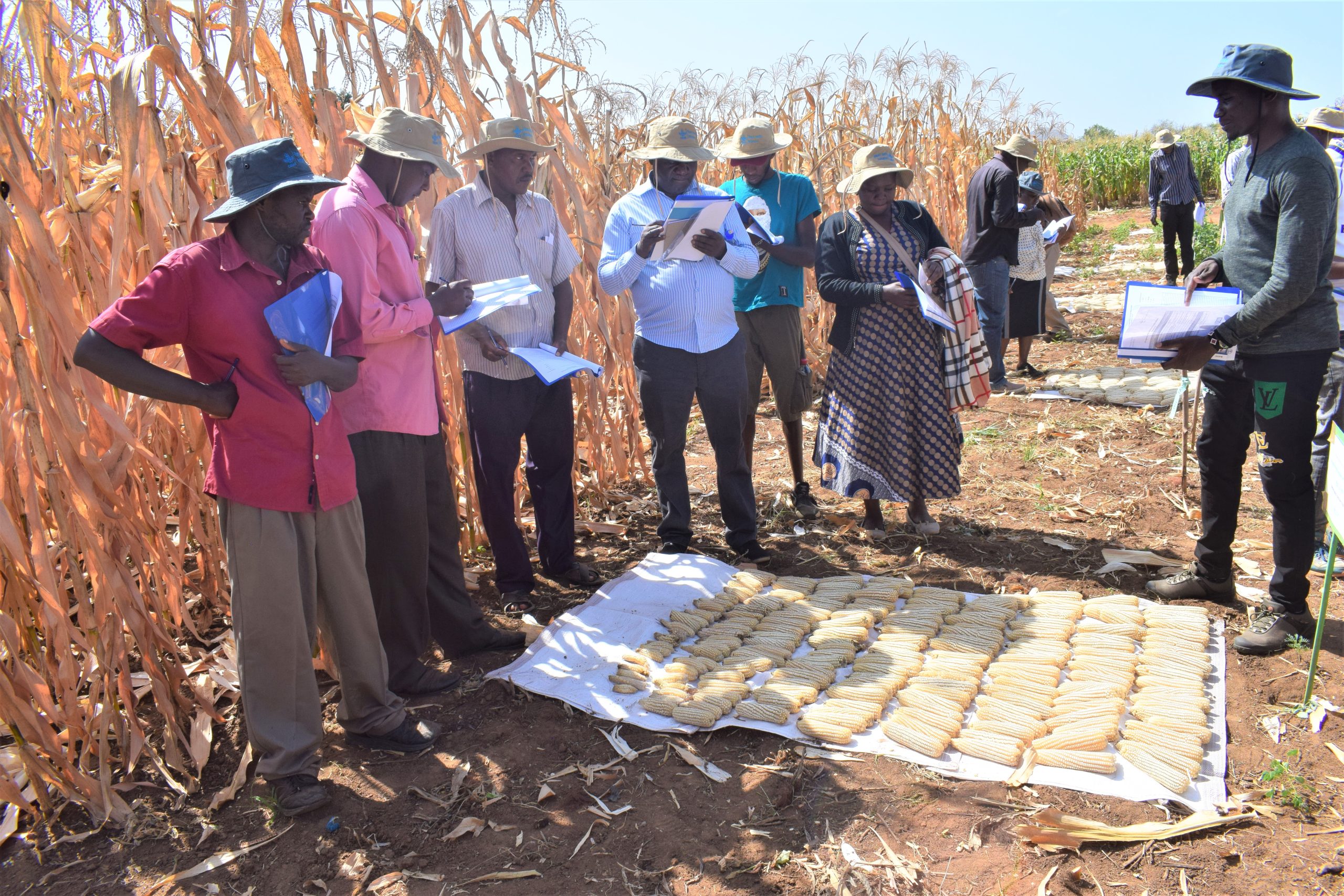Environmental health and biodiversity
The world needs better management of water, soil, nutrients, and biodiversity in crop, livestock, and fisheries systems, coupled with higher-order landscape considerations as well as circular economy and agroecological approaches.
CIMMYT and CGIAR use modern digital tools to bring together state-of-the-art Earth system observation and big data analysis to inform co-design of global solutions and national policies.
Our maize and wheat genebanks preserve the legacy of biodiversity, while breeders and researchers look at ways to reduce the environmental footprint of agriculture.
Ultimately, our work helps stay within planetary boundaries and limit water use, nutrient use, pollution, undesirable land use change, and biodiversity loss.
Regenerative Agriculture Boosts Second Green Revolution
 Capacity development
Capacity development
Source: Mexico Business News (29 Jun 2023)
In Mexico, there are different examples of regenerative agriculture projects led by international organizations, such as CIMMYT’s partnership agreement with Nestlé and Bimbo that have helped rural communities to improve their productive processes through regenerative farming practices.
Scientists urge shifting more nitrogen to low-input farms and better use on high-yield farms
 Environmental health and biodiversity
Environmental health and biodiversity
Improving the distribution and use of nitrogen fertilizer — skewed by price hikes and outdated subsidies — can raise maize, wheat, and rice production in Africa and South Asia, while saving on fertilizer and addressing both food security and climate crisis concerns, a new study finds.
Milestones achieved in rust research
 Environmental health and biodiversity
Environmental health and biodiversity
Source: AgNews (19 Jun 2023)
CIMMYT, in collaboration with the ACRCP, widened the pool of resistance genes available to wheat breeders as part of a project phase to understand the interactions between rusts and their cereal hosts.
CIMMYT at the Group of 20
 Environmental health and biodiversity
Environmental health and biodiversity
At the recent G20 MACS, CIMMYT endorsed joint agricultural research and innovative partnerships to address global challenges facing agrifood systems through a multi-crop and multi-disciplinary approach.
Crop Trust leadership visits CIMMYT
 Environmental health and biodiversity
Environmental health and biodiversity
Securing biological diversity is a key mission for both organizations.
Global experts unite to strengthen plant health management in the Global South
 Environmental health and biodiversity
Environmental health and biodiversity
Source: Smart Farmer Africa (16 May 2023)
Plant health experts met on May 12, International Day of Plant Health, to discuss and address the challenges facing plant health management capacity in the Global South.
Research awards to tackle challenge of fortifying wheat against heat and drought
 Climate adaptation and mitigation
Climate adaptation and mitigation
HeDWIC and FFAR awarded grants to five wheat research projects in 2022 to protect the crop from climate change and other threats.
The Australian High Commission, ACIAR and BARC delegates recognizes the BWMRI-CIMMYT collaborative wheat blast research platform in Bangladesh
 Environmental health and biodiversity
Environmental health and biodiversity
Delegates travelled to South Asia to witness the success of a collaboration which is combatting wheat blast disease in Bangladesh and for other wheat growing nations.
A seed systems success story
 Environmental health and biodiversity
Environmental health and biodiversity
Drought-tolerant maize seed thrives in Zambia through partnerships with the private sector.
Counties Urged To Scale Up And Adopt Pest Control Technologies
 Environmental health and biodiversity
Environmental health and biodiversity
Source: Kenya News Agency (17 Mar 2023)
How can plant health technologies be more widely adopted by smallholders in Kenya?
Scaling impact of dryland crops research through regional crop improvement networks
 Environmental health and biodiversity
Environmental health and biodiversity
Scientists and stakeholders in Africa are co-designing a network approach to improve and expand dryland crops value chains in the continent.
Plant Health Innovation Platform at Kiboko, Kenya: integrating and testing eco-friendly solutions against fall armyworm
 Environmental health and biodiversity
Environmental health and biodiversity
Participatory testing of fall armyworm (FAW) solutions is helping to find eco-friendly and cost-effective integrated pest management (IPM) packages in Kenya.

